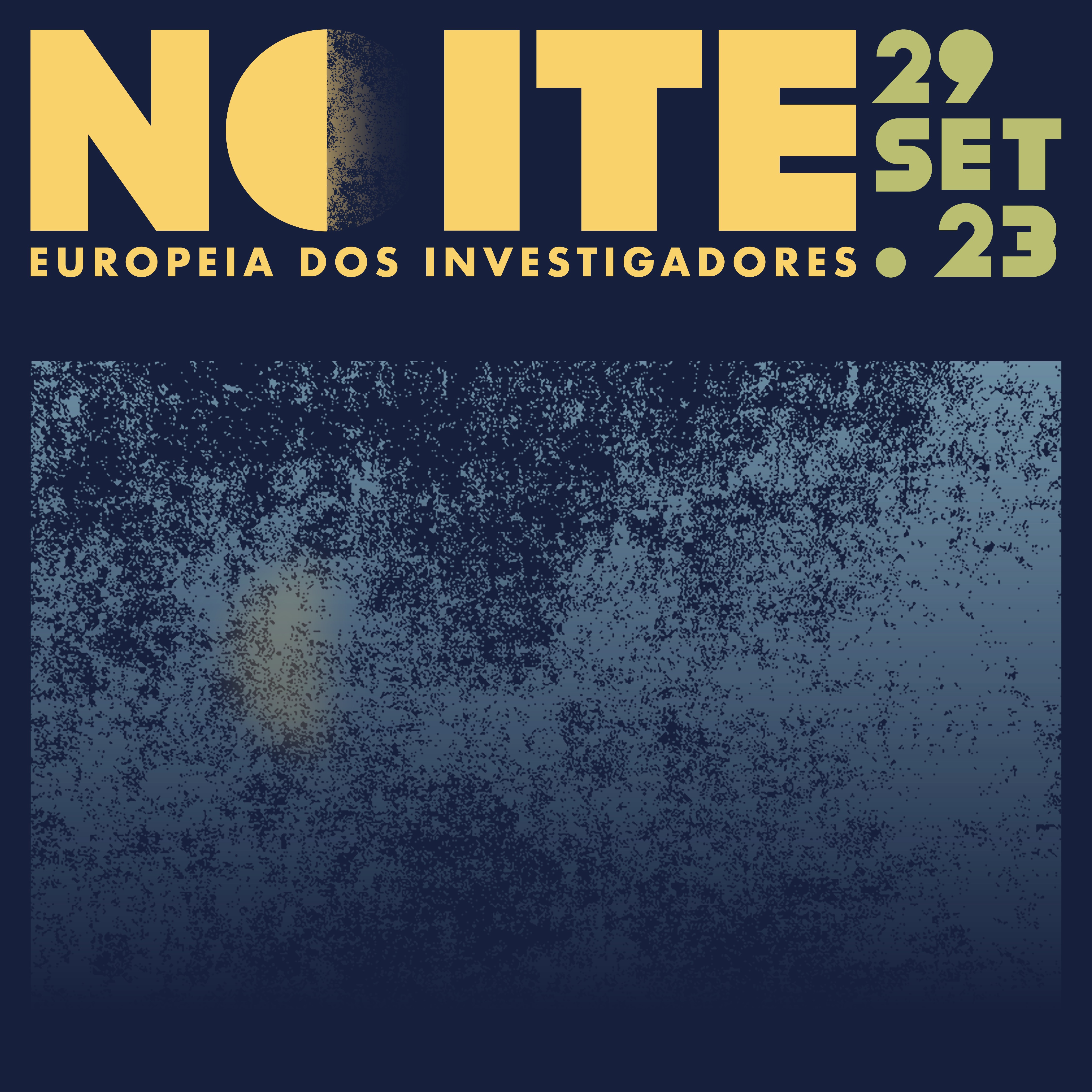This public event, organised by the RAISE consortium – Researchers in Action for Inclusion in Science and Education, composed of the NGO Native Scientists (NS), the Champalimaud Foundation (CF) and the João Lobo Antunes Institute of Molecular Medicine (iMM) - joins 49 other NEIs that will take place in 25 European countries, on the same date.
Over the course of nine hours, and distributed across five areas of the CF, the programme includes more than 50 activities in different formats - from dance to workshops, music to practical science stations, nighttime laboratory tours to debates, stand-up comedy, ‘speed dating’ with scientists and much more.
Each activity is a journey to a different theme and scale:
- From viruses and cells to muscles and brains.
- From fruit flies, bees and small insects to mammals.
- From radio and TV studios, to basketball courts or sea meadows.
- From urban art to virtual reality.
- From comedy to sport.
- From psychedelics to (mis)information on health and illness.
- From the orchestral music to a Hip-Hop and R&B concert.
For Catarina Ramos, Coordinator of CF's Communications, Events and Outreach team, “This year's programme offers an absolutely incredible diversity of formats and themes and this was only made possible thanks to the impressive mobilisation of many people coming from different areas, united by the same objective: to make science and education more inclusive. For me, there is another very stimulating dimension, which emerges when several areas and teams come together, and which is a kind of hybrid space between different types of knowledge, where we can create and learn something new.”
In parallel, the RAISE consortium has implemented programmes at schools located in territories with priority educational action. “In particular, RAISE has two educational programmes - Ciência de Noz Manera, run by CF, and Cientista Regressa à Escola, developed by NS. NEI's programming also includes output resulting from co-creation between scientists, children, young people and teachers.”, explains Joana Moscoso, Coordinator of NS and the RAISE project. Furthermore, thanks to the funding obtained by this consortium from the European Commission, hundreds of students and teachers will travel for free and participate in this NEI and, for the first time, this event will also feature a group from the deaf community who will be accompanied by Portuguese sign language professionals.
Inês Domingues, Coordinator of the iMM Communication Office, recalls 2021 data from the Eurobarometer, a European Commission instrument used to characterise the perceptions of different countries regarding science and technology: “Portugal today leads the group of European countries with the greatest interest in science and technology topics and the Portuguese want scientists to spend more time explaining their science to society. Furthermore, they consider it important to involve society in scientific processes and that this involvement helps to respond to community challenges. The European Researchers' Night is a unique opportunity for interaction and intersection that responds to the challenge launched by the Portuguese to the scientific community. We therefore invite everyone to participate in this Night, which is also a celebration of science “made in Portugal”.
The Champalimaud Foundation is primarily dedicated to the development of advanced biomedical research programmes and the interdisciplinary provision of clinical care, from a translational perspective based on the exploration of synergies and collaborations in all areas of activity. Ultimately, it seeks to promote the health and well-being of humanity by actively exploring solutions that alleviate the burden that disease has on societies and the individual.
The João Lobo Antunes Institute of Molecular Medicine (iMM) is one of the main research institutes in Portugal that offers a vibrant scientific environment, with the aim of promoting basic, clinical and translational biomedical research. The mission of iMM is to improve human health by studying the mechanisms of disease, developing new forms of diagnosis and therapeutic approaches.
Native Scientists is a pan-European non-profit organisation that builds bridges between children from less privileged backgrounds and scientists through educational and science outreach programs. The objective is to broaden children's horizons, promote scientific literacy and reduce inequalities.
In Lisbon, three European Researchers' Nights (NEI) will take place:
RAISE at the Champalimaud Foundation
National Museum of Natural History and Science - University of Lisbon
Pavilhão do Conhecimento - Centro Ciência Viva

